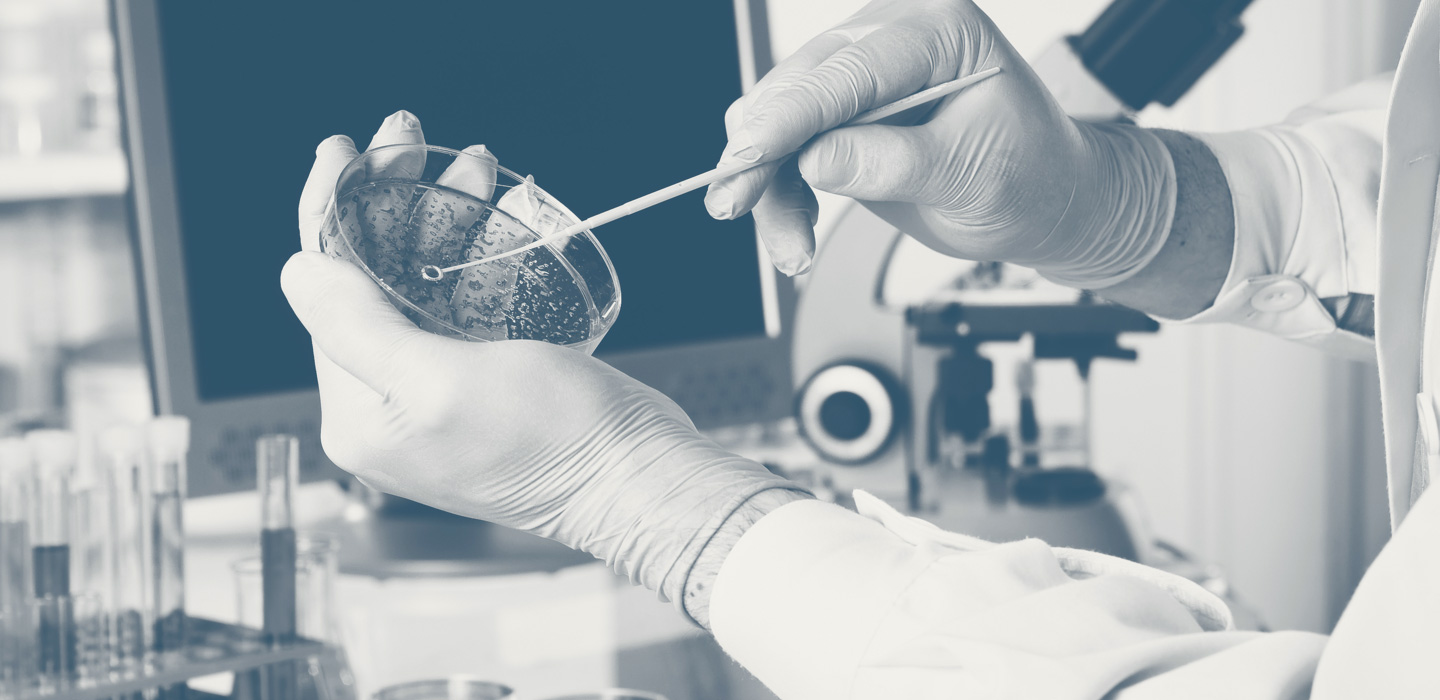
2023
Frederick Howard, MD
Instructor, Department of Medicine, University of Chicago
Integrating Pathologic and Radiographic Features to Predict Response to Chemotherapy in Early Breast Cancer
Can we use artificial intelligence to better predict which breast cancer patients need more aggressive treatment?
Dr. Howard plans to use his Young Investigator Award to leverage his expertise in oncology and data science to create a better way of personalizing treatment for breast cancer based on the likelihood of response to therapy. As part of a standard breast cancer workup, each patient undergoes radiographic imaging of their cancer to measure the cancer size and extent, and a biopsy specimen is reviewed under the microscope by a pathologist to confirm the diagnosis. However, the wealth of data available from radiographic imaging and from the pathologic biopsy specimen are underutilized in treatment decisions. Recently, artificial intelligence has advanced our ability to analyze these types of data quantitatively and to identify features from both images and pathology specimens that are associated with treatment response. Dr. Howard and others have already shown that pathology samples or radiographic imaging can identify patients who will have no residual cancer detectable after undergoing a course of chemotherapy, which is associated with the best long-term outcomes. With a better predictive model, these patients could avoid further, more aggressive and in some cases more toxic, therapies.
Dr. Howard proposes a model combining the predictive capacity of both radiographic imaging and pathology samples, thus incorporating multiple forms of readily available data to predict response more accurately. He will first develop a deep learning model (deep learning is a neural network-based artificial intelligence that can analyze image data) that will compare breast cancer imaging with therapeutic results. He will then develop a similar architecture to predict results based on images from biopsies of breast cancer. Ultimately, he will combine data from both radiographic and pathologic images, with the goal of creating a highly accurate model that predicts how a patient will do with therapy, without needing to perform additional time consuming / potentially expensive testing beyond what is already done for the standard evaluation of breast cancers.
For this first iteration, Dr. Howard plans to focus on triple negative breast cancer; he hopes to better identify patients who will respond well enough to standard chemotherapy alone without the addition of immunotherapy, which can be effective but has the potential to cause lifelong side effects. Dr. Howard hopes to provide doctors with much better information on how to treat each patient’s individual cancer and allow them to better identify which patients can avoid more aggressive treatment, with no additional testing other than the biopsy and imaging already performed on every breast cancer patient.